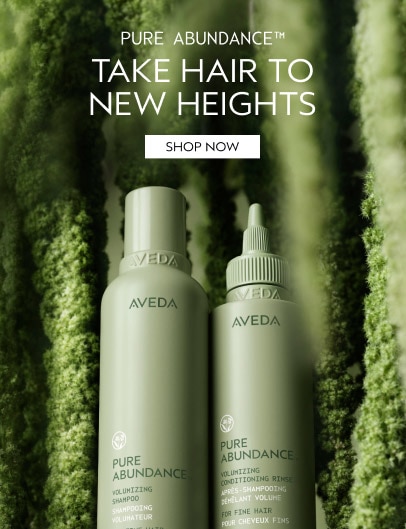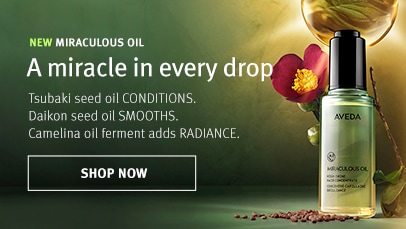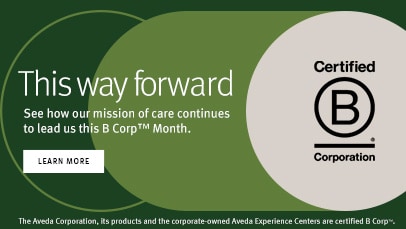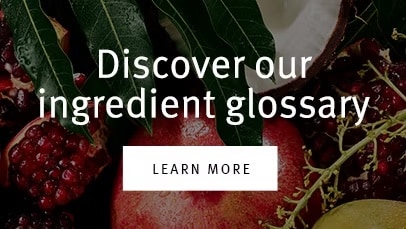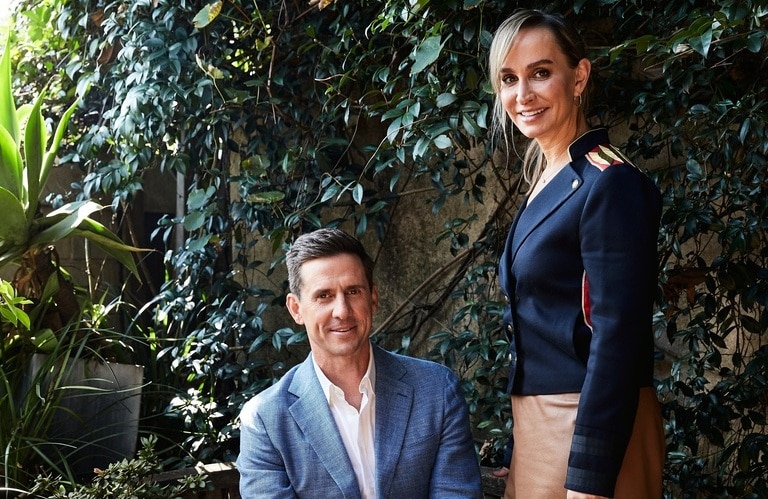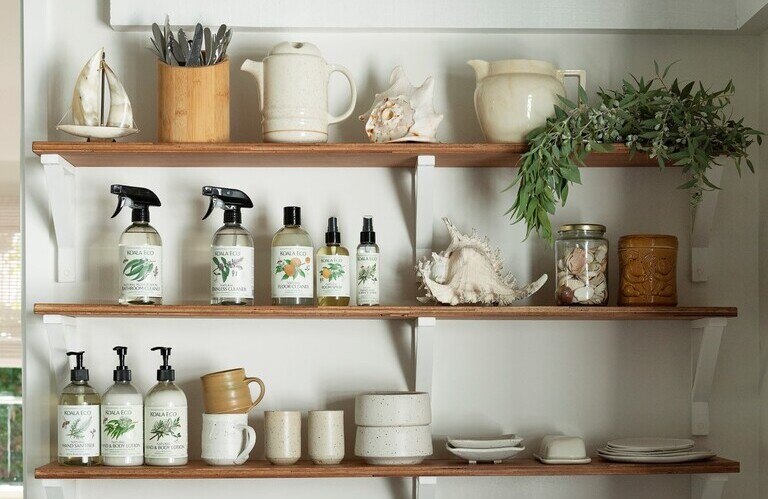We, my husband Paul and I, live in Sydney Australia with our two boys, Emerson and Arthur, and Matilda, our beautiful Aussie Shepherd dog. I am originally from the States, I grew up in Boston and New Hampshire, and studied and worked in New York. That’s where I met Paul, who is Western Australian by birth. We started Koala Eco for a couple of reasons. We've always both been passionate nature lovers and committed to protecting the environment. We were constantly on the hunt for safe, affordable, toxin-free cleaning products that not only could make our home smell (naturally) fabulous but would also actually work. But then, after our younger son had a life-threatening health scare as a baby, we started to zero in on a lot of our lifestyle choices, including the cleaning and care products we were using in the family home. We realised we couldn’t find any brands that were natural, safe, and powerful, and that would actually be pleasurable to use. And we felt we couldn't be the only people to feel this way. So we thought, why don’t we do this properly, and start a company to make our own?

